
Environmental Protection: A Chance for the Serbian…
Environmental hazards may have a crucial impact on democratic transition in the Western Balkans. This is particularly true in Serbia,…
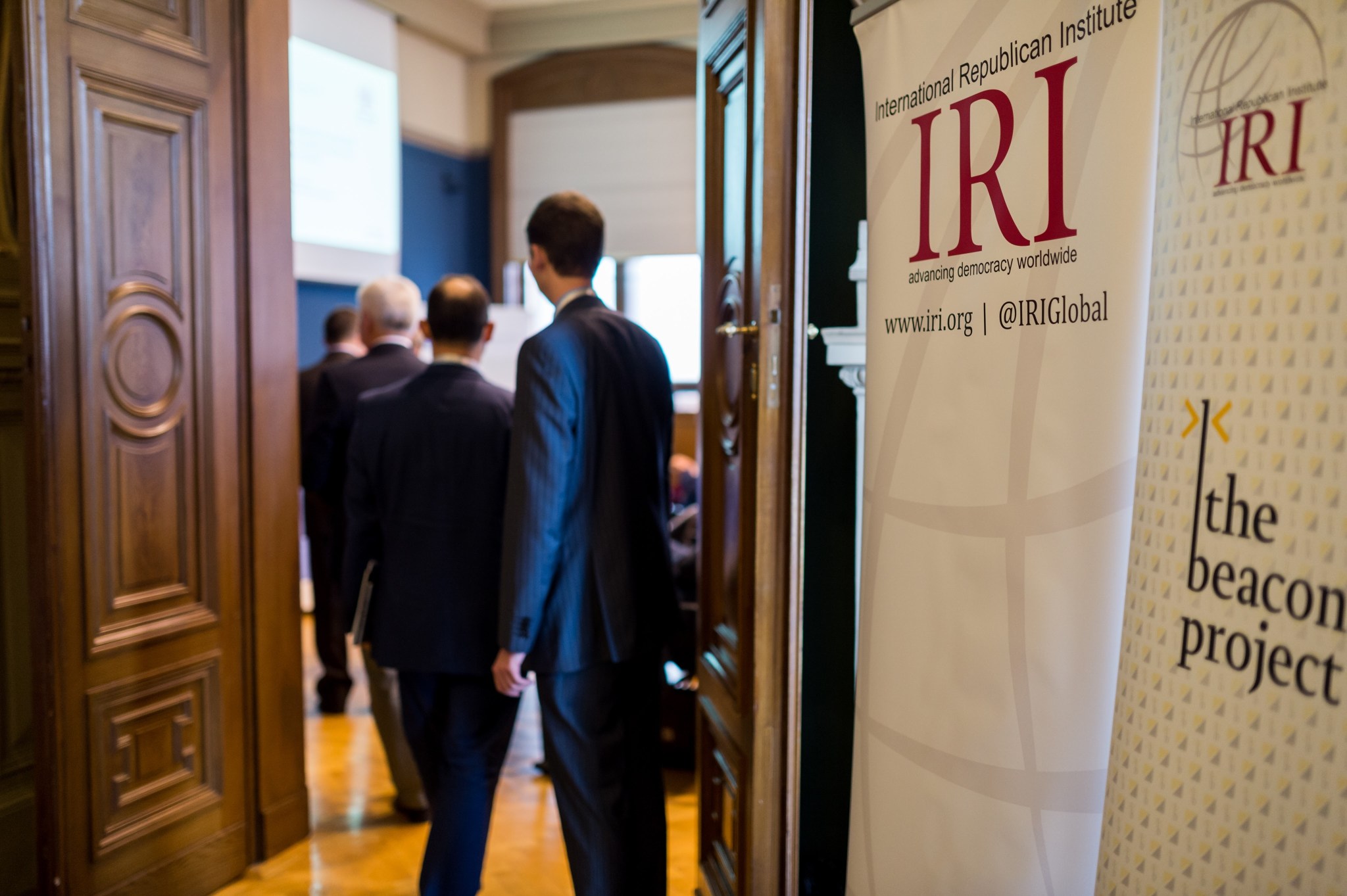
Established in 2016, the Beacon Project leverages IRI’s 34 years of experience in European politics. For over five years, it has worked with leading CSOs specialized in Russian disinformation to generate data-driven insights, provide access to key partners, and spur strategic action against hostile external influences. The Beacon Project has provided valuable data and shifted the debate on disinformation to be more targeted toward the exact sources and vulnerabilities within societies. While many current initiatives are focused on countering disinformation with fact-checking or satire, the Beacon Project is unique in its attention to in-depth data-driven analyses of disinformation sources and narratives as well as the impact these campaigns have on society and the stability of democratic institutions.
The Beacon Project is a recognized and respected voice that has moved the NATO StratCom Center of Excellence in Riga, Latvia to request a more formal partnership with IRI and the Government Accountability Office to interview Beacon Project staff as part of U.S. Senator Chris Murphy’s research on disinformation in Europe. Furthermore, IRI’s Brussels field office presence has enabled the U.S. Diplomatic Mission to the EU to call upon the Beacon Project for detailed briefings on relevant issues. Additionally, IRI received funding from NATO Public Diplomacy Division to complete public opinion polling in the Western Balkans. Most recently, IRI received funding from the U.S. State Department’s Bureau of Democracy, Human Rights, and Labor and the Office of International Religious Freedom (State DRL/IRF) to develop a publication on Antisemitism in the Western Balkans.
Since 2016, IRI has supported the publication of 175 research publications from 16 different countries, including the new EU members, the Western Balkans, and former Soviet states. When possible, research findings are made public on IRI’s Beacon Project website. IRI’s experience in this field resulted in the publication of a Media Monitoring Handbook, made available to the public, outlining best practices for conducting media monitoring from the development of a methodology to effective data visualization. In an effort to promote data visualization, the Beacon Project developed a series of data dashboards and will continue to develop them in coordination with partners’ research. Over the last five years, IRI has grown the number of active partners in its network from the same countries by 356%.
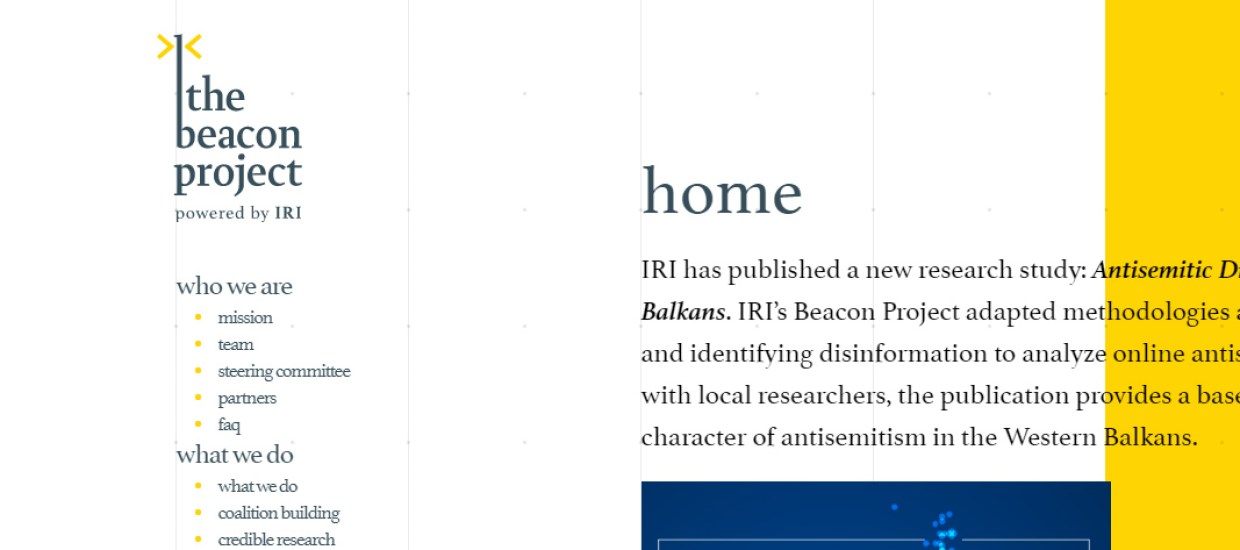
Website

Environmental hazards may have a crucial impact on democratic transition in the Western Balkans. This is particularly true in Serbia,…
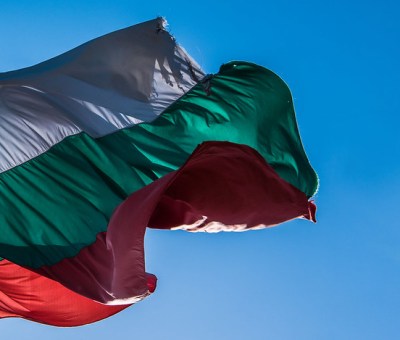
Next week, Bulgarians will take to the polls in parliamentary elections expected to shake up the ruling party’s long-held control.…
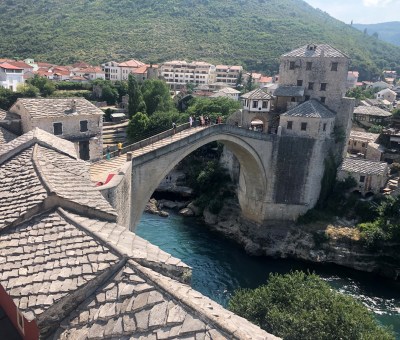
On December 20, Bosnia and Herzegovina’s (BiH) ethnically divided city of Mostar will hold its first local elections in over…

October 25th marks the second round of parliamentary elections in Lithuania, with citizens taking to the polls to fill 141…
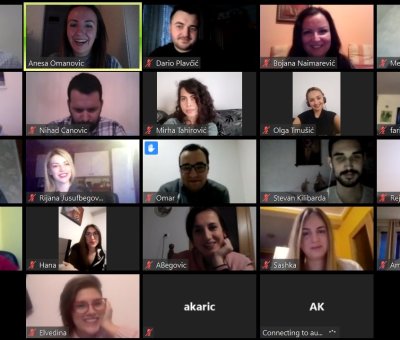
Democratic governance will play a crucial role in both responding to the COVID-19 pandemic and dealing with the political and…
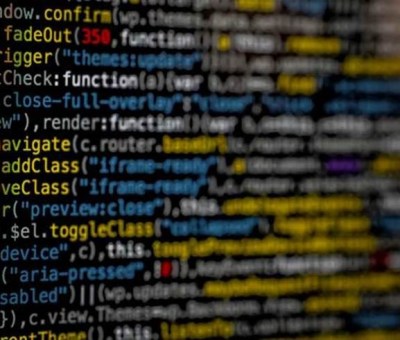
With Russia’s ongoing use of hybrid warfare to undermine its neighbors, what steps can states take to counter disinformation and…

The threat of “color revolutions” is a recurring theme in the Russian government security discourse and pro-Kremlin media. The term…
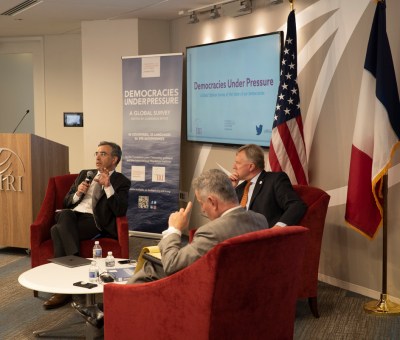
Earlier this year, the International Republican Institute (IRI) and the French think tank La Fondation pour l’innovation politique (Fondapol) partnered…
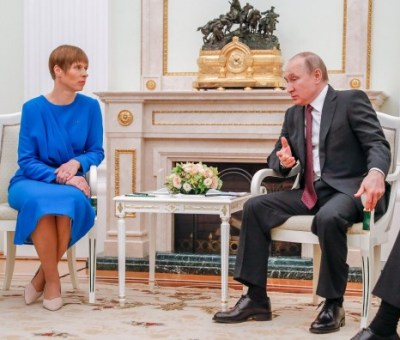
The relationship between the Baltic states and Russia has always been complicated. No sitting Russian president has ever made an…

This is the second of three articles on how IRI’s Beacon Project combats disinformation in Europe. The first article on…
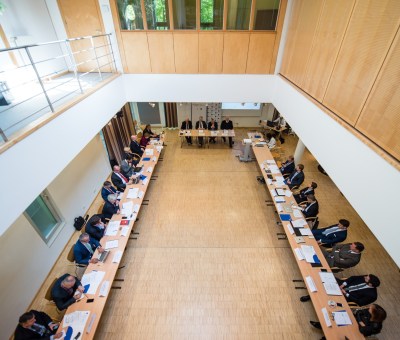
Disinformation. Propaganda. Fake news. In the United States, these terms came into the public consciousness during and immediately after the…
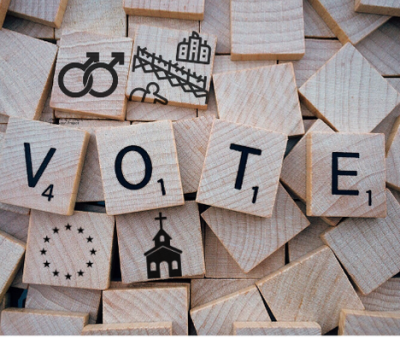
On March 30, 2019, Slovakia elected Zuzana Čaputová to be its new president, the first woman to hold the office.…
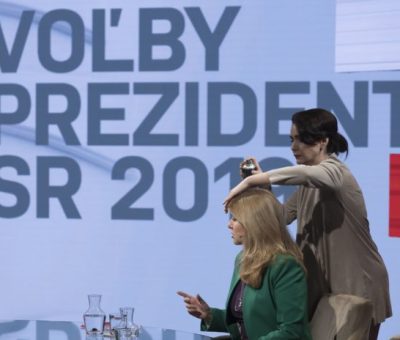
In March 2019, Slovakia will vote for its fifth president since becoming independent in 1993. Around this occasion, the International…
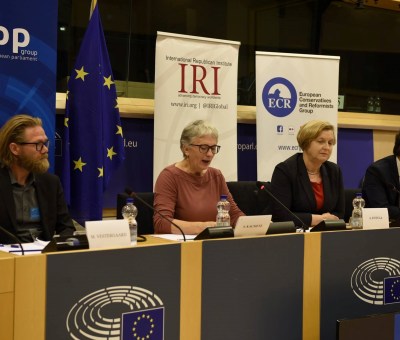
On March 13, 2019 the European Parliament (EP) adopted a report on EU strategic communication and propaganda from third countries,…
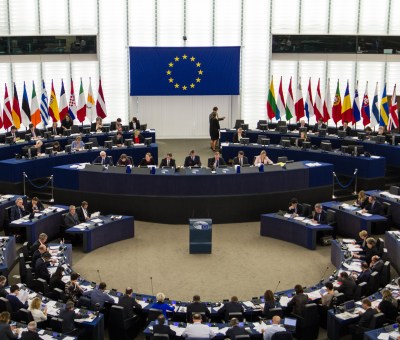
In the process recently of reorganizing the far-too-many books in our house, I came across Dezinformatsya: Active Measure in Soviet…
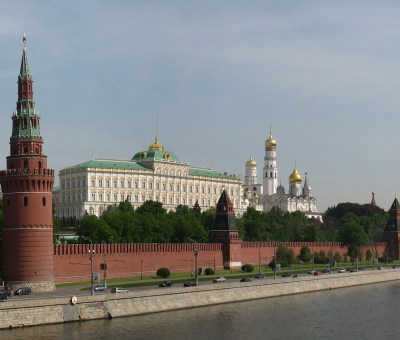
As Vladimir Putin enters his fourth term in office, the human rights situation in Russia continues to deteriorate. We have…
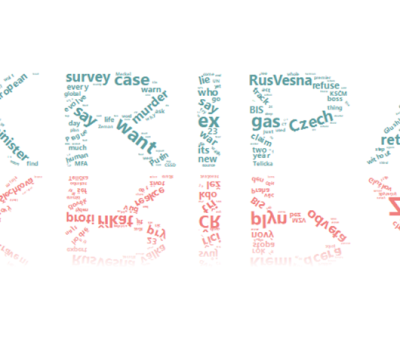
The poisoning of former Russian intelligence officer Sergei Skripal and his daughter in Salisbury, United Kingdom, on March 4 has…
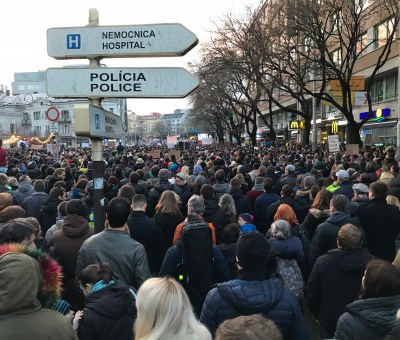
History feels like it should be a static, dusty thing that lives only in books. It is something you study…
Eighty-five years ago, Ukraine suffered at the hands of Stalin’s Soviet Union and to this day continues to fight for…
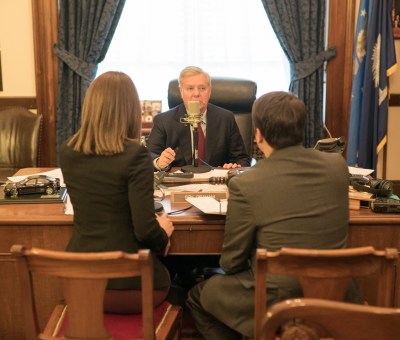
On January 17, we launched “Global”, IRI’s new podcast. If you have not heard the first episode highlighting Russia, check…
Moscow’s use of a mix of disinformation and other soft-power assets has reached new levels in Europe, with the goal…
Washington, D.C.—IRI is launching a new program aimed at countering the increasing threat of Russian soft power and propaganda. The…